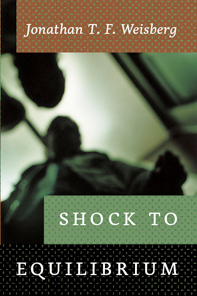U.S. President Barack Obama and top intelligence officials are planning a bold response to critics who see electronic surveillance and other espionage activities within our borders as encroaching on basic American rights. The U.S. Intelligence Community will propose creating a “Surveillance-Free Zone” within the continental United States, enabling citizens interested in maintaining their civil rights to have at least one spot where they can stop worrying that the government is monitoring their texts about when to meet at Arby’s. The Stoneslide Corrective received an advance copy of a report produced by a joint military-civilian commission tasked with evaluating the U.S. espionage agencies’ response to civil liberties concerns. Our source was a member of the commission who wished to remain anonymous because, well, he doesn’t want everyone knowing what he’s doing all the time, okay.
In its executive summary, the report clearly lays out the necessity of surveillance in a free and open society, but also recognizes the needs for some limits on the people and agencies tasked with this critical duty. Given the complexity of the national security bureaucracy and the number of “probably effective” existing programs, the commission found that the best approach would be to carve out a geographical space with no pre-existing surveillance as a spy-free zone. The SFZ will be open to any civil libertarian who wants to spend time there.
Some of the issues the report deals with include:
Location. The report identified a site 165 miles from Tucson. This site has the benefit of being outside any existing cellular and/or data networks. Our source explained the reasoning behind this. “We don’t have any idea how many trojan horses, viruses, sniffers, apps, and malicious websites set up by our boys are out there, so the only way to protect citizens’ privacy is to cut them off from all networks.”
The proposed site sits on an open plateau in the Sonoran Desert. It will require the construction of a new 22-mile, two-lane highway, since no current roads reach the area. “The sunsets are beautiful,” says our source.
Budget. The creation of the SFZ will require only a tiny fraction of the annual espionage budget and will be funded through a small levy on FOIA requests.



